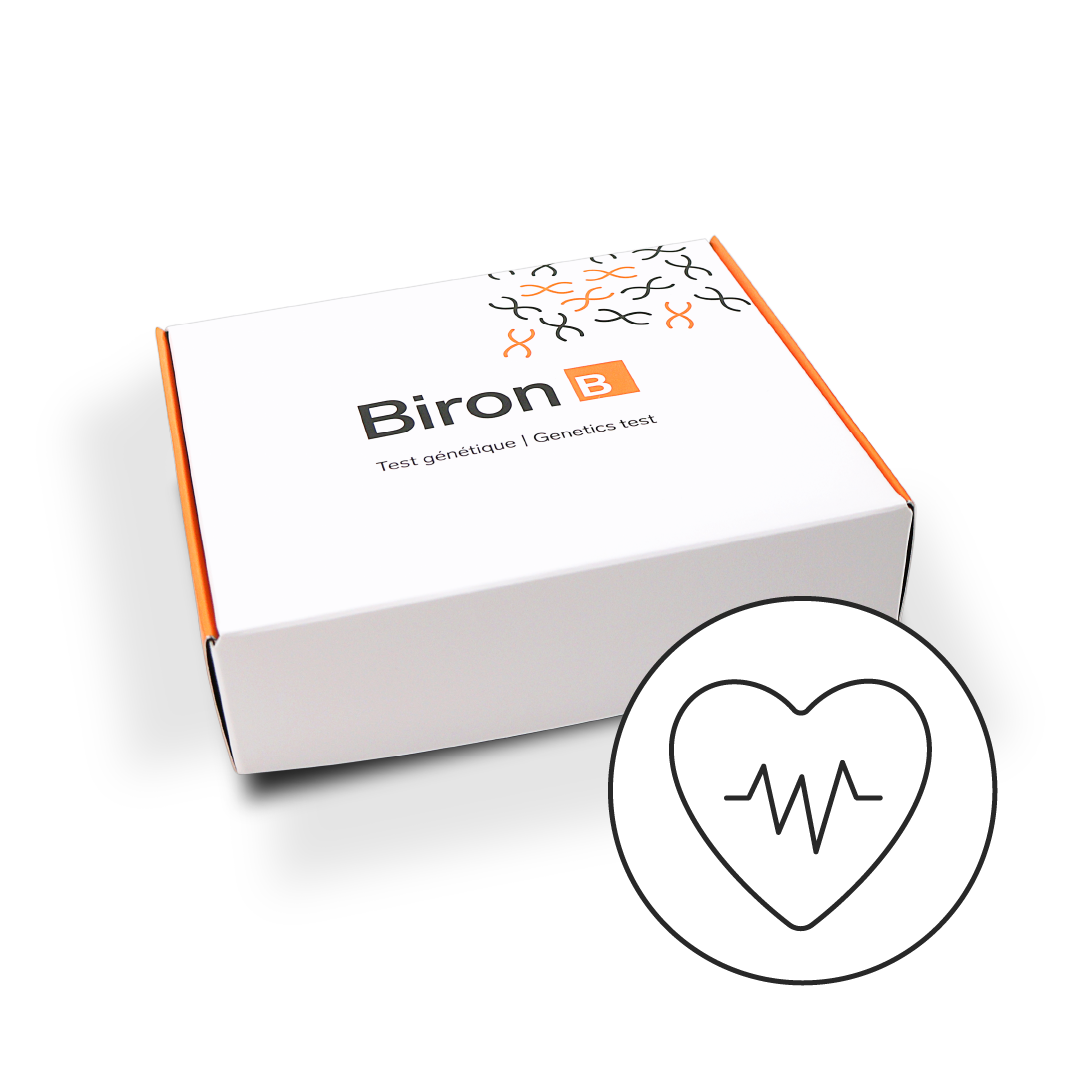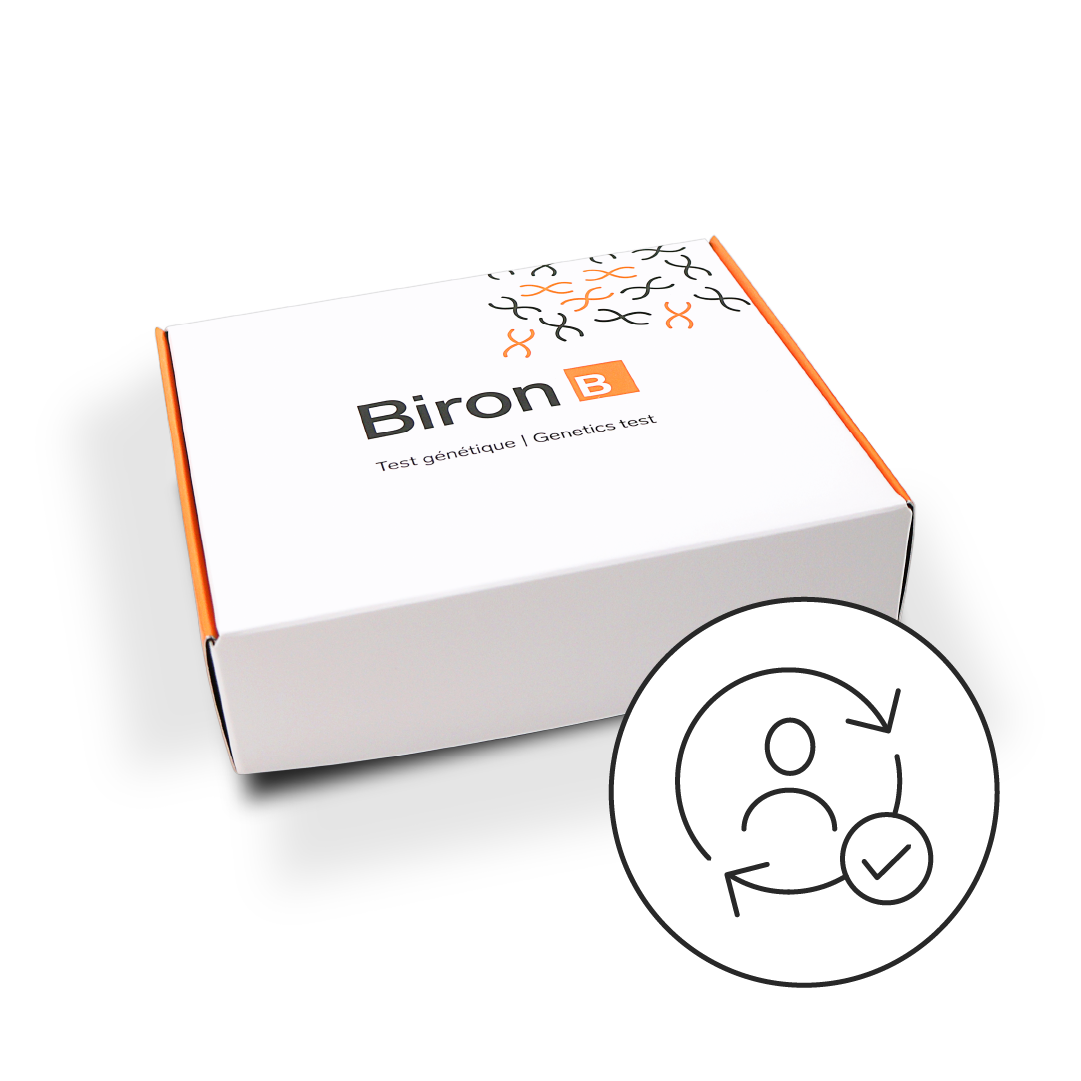Every piece of information that could impact on your health deserves to be shared with you. If our DNA analysis identifies clinically significant genetic variants outside the initial scope of the test, we include them at no extra cost.
It’s part of our commitment to supporting informed medical decisions.
A total of 14 potentially life-saving recommendations for medications will be added to the report when a relevant variant is identified. These medications are prescribed across the following medical specialties :
- Oncology : 7 medications
- Cardiology : 1 medication
- Pain Management : 2 medication
- Infectious Diseases : 1 medication
- Neurology/Psychiatry : 3 medications
Find the list of all covered medications by clicking here.











